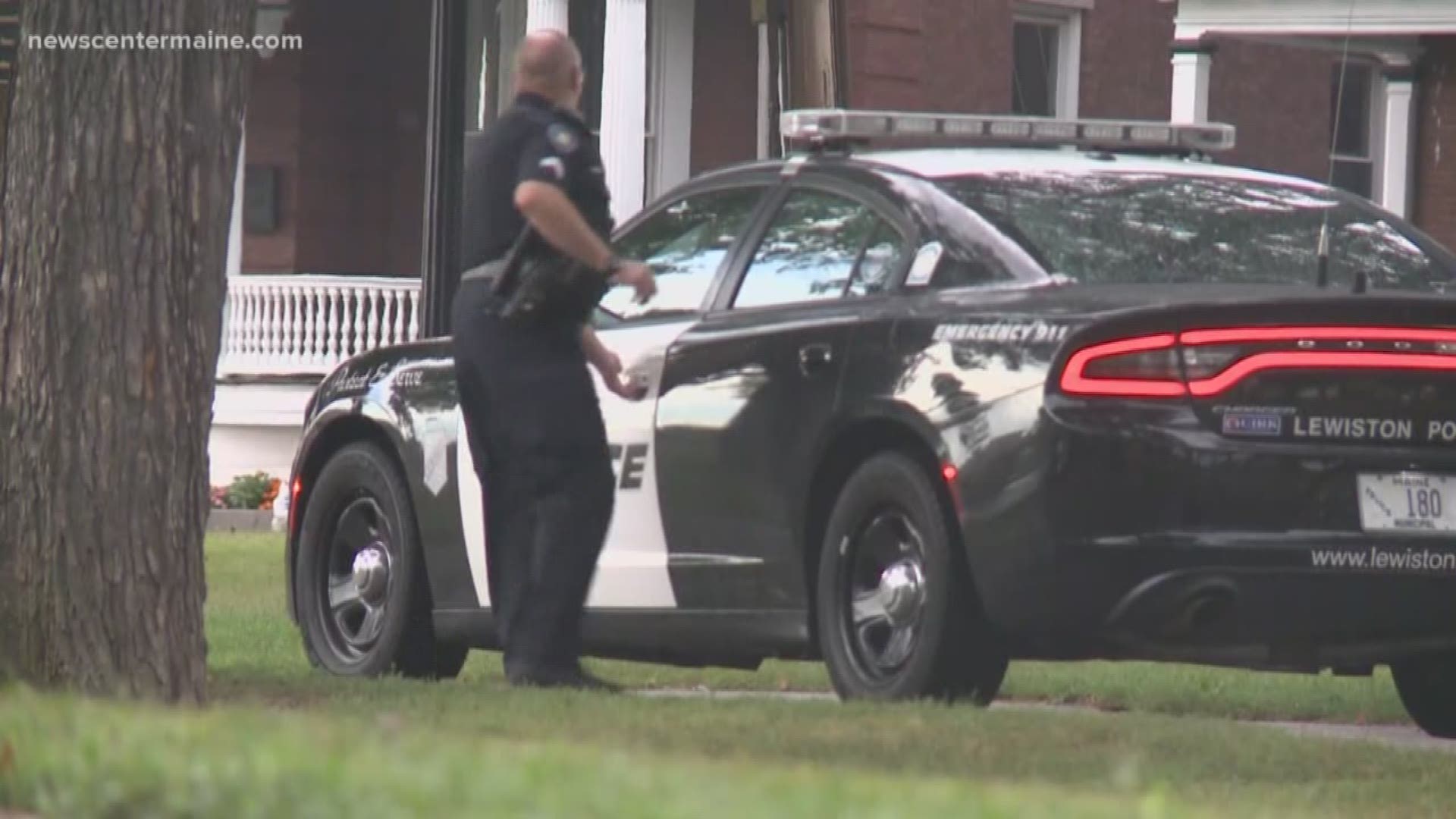LEWISTON (NEWS CENTER Maine) -- Shootings, stabbings, aggravated assaults, and massive brawls are just some of the incidents Lewiston Police have responded to over the past three months, including a fight that resulted in a man's death, and some people in the community fear underlying racial tensions could be playing a role in the violence.
Since June of 2018, Lewiston police have responded to at least six violent incidents, such as large fights, assaults, and shootings, and most recently, a stabbing on Knox Street on Wednesday.
People who have lived in Lewiston for decades say this recent spike in violence is new.
“When I first got here 20 years ago, it wasn’t that bad,” Bo Kersey said. “I don’t feel safe -- it’s not that it’s a bad community, it’s just small.”
Other people, who have also lived in Lewiston for a number of years, say the recent spike in violence is not abnormal -- but that the frequency of the incidents in a short period of time magnifies the problem.
“There is not a lot of tension, there is not a lot of bubbling up of instances,” Fatuma Hussein said. “It’s just incidences that have happened, that would happen in any other community, but because of the two homicides they look worse.”
Racism, intolerance and lack of communication surrounding cultural differences are three reasons some people said contributed to the strain between people of different races.
“We need to reach out beyond our comfort zone’s and reach out to each other even when we are different.” Hussein said.
After the death of Donald Giusti, the man who died in mid-June after a large fight in Kennedy Park, his family joined in a community effort called ‘Peace in the Park’, where volunteers take shift patrolling the park to de-escalate any conflicts.
“I think Peace in the Park is starting to bring this community together quite a bit -- it really is,” said Jim Thompson, the uncle of Donald Giusti. “People are policing themselves, we are there just to make sure that nothing happens.”
Lewiston Police, Mayor Shane Bouchard, and City Council President Kristen Cloutier either were not available or did not return calls for comment.
However, others who know the people of Lewiston and the nuances of the community said that lack of understanding of each others cultures plays a role in resentment for people of different races.
“Lewiston has been affected by poverty for years and years and years," said Jenn Carter, who works for 21st Century After School Programs in Lewiston. "[There are] waves of immigration that have come into the city and people looking for opportunity here, and that also comes with a lack of understanding from the people that are living here."
According to the U.S. Census Bureau, 22.2 percent of people were considered "in poverty" in the city in 2016.
Other organizations' leaders worry that people who have lived in Maine or Lewiston their entire lives are misplacing the blame of the problems they face.
Maine Community Integration is a non-profit promoting support and understanding of various cultures, through better integration in the American culture through education, advocacy, and social change empowerment. Executive Director Fowsia Musse has lived in Lewiston for 15 years, and said the violence is not new, but that the death of Giusti amplified hostility.
Musse said Islamophobia was rampant after 9/11, and she believes the current political climate also contributes to an unkind atmosphere.
"Instead of seeing the collective impact that we all are in the same boat, we are angry each other. We are resenting each other for having kids poisoned by lead, for having lack of employment," said Musse. "I don’t know why we're yelling at each other. I’m sensing and I have witnessed the sense of community pride and ownership is very, very low."
Musse said people are not working collaboratively to create long term, sustainable change from the past racial tension.
She also said that youth programs would help kids who, she believes, have too much free time in the summer.
Kersey echoed that sentiment, and said he has seen people targeted by different racial groups.
"The police are taking good control of the situations. Once things die down, things spark up again," said Kersey. "Everybody can get along with each other if we try a little harder."

